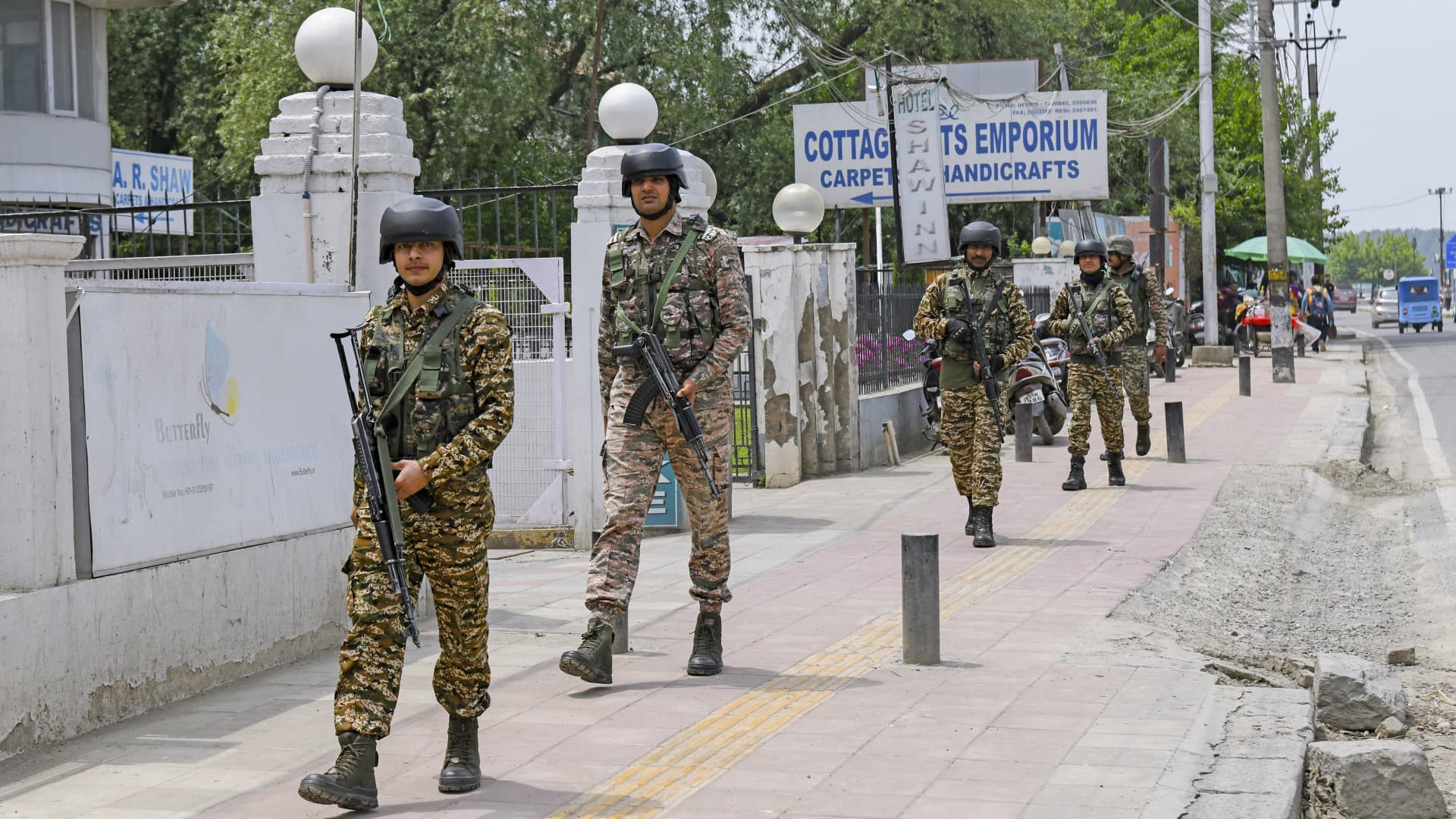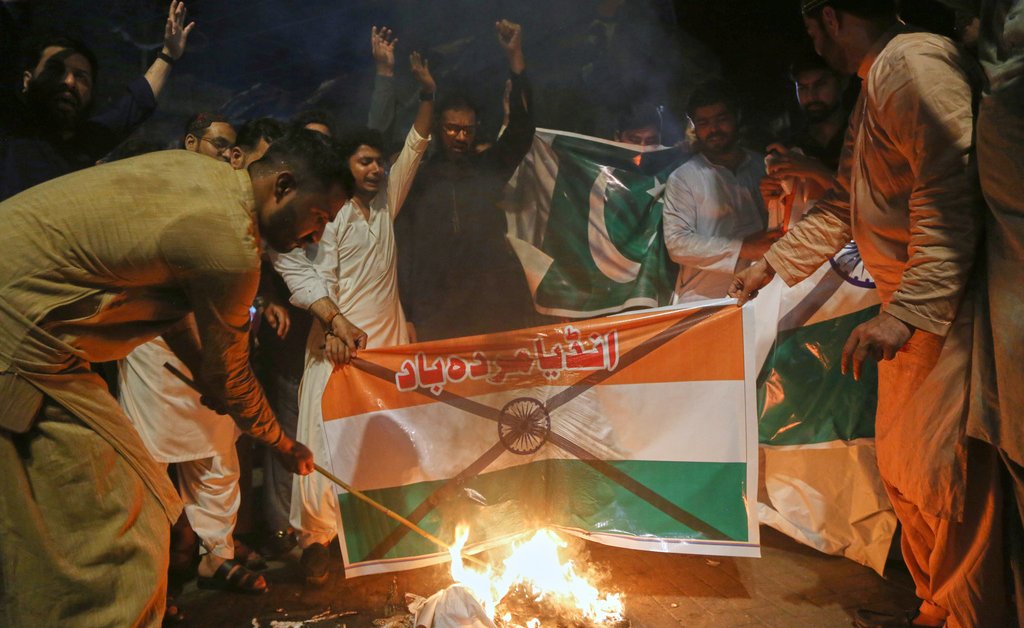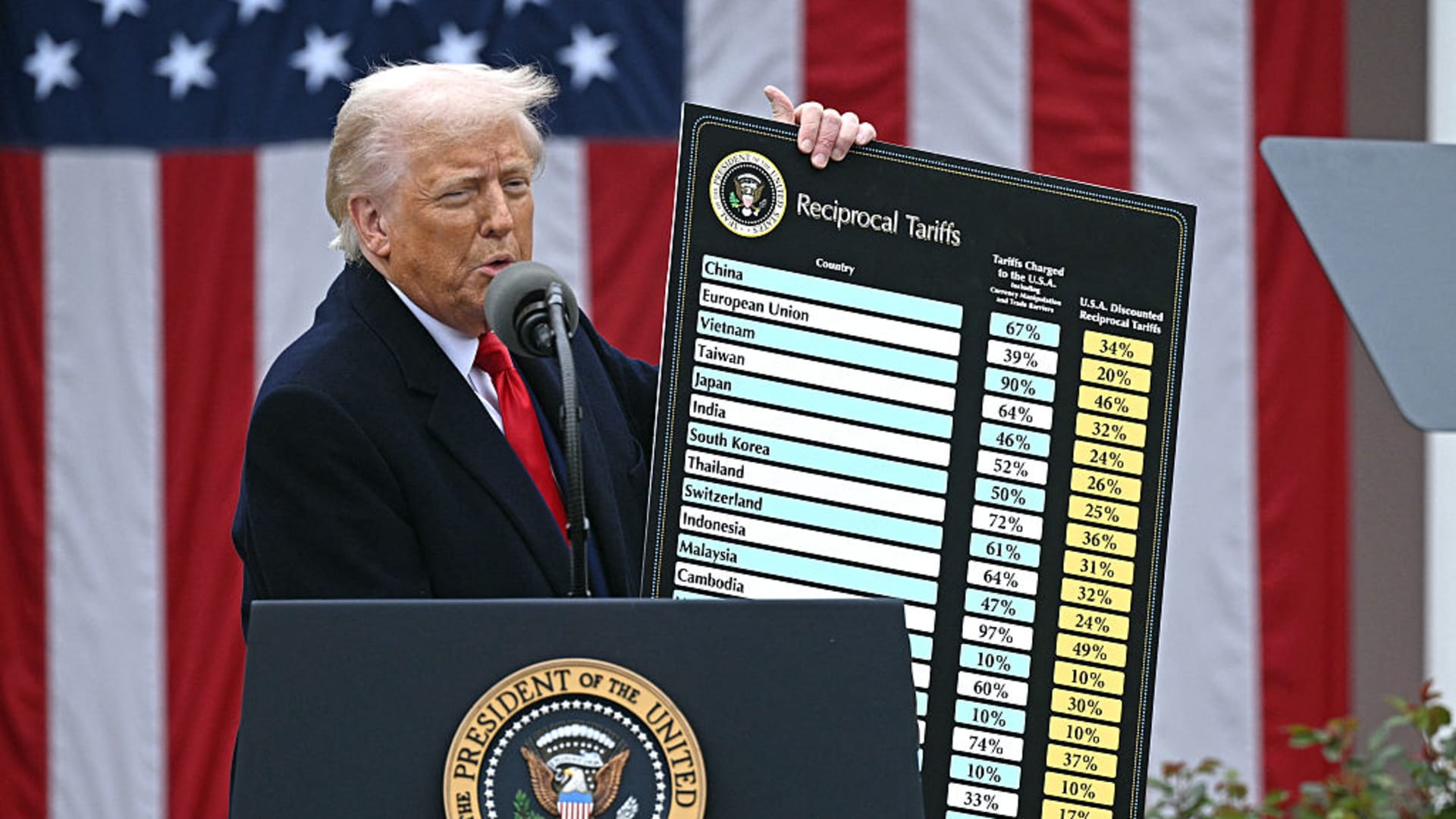Now Reading: India says it carried out military strikes against Pakistan as tensions spiral after Kashmir killings
-
01
India says it carried out military strikes against Pakistan as tensions spiral after Kashmir killings
India says it carried out military strikes against Pakistan as tensions spiral after Kashmir killings

Security personnel were stationed near Dal Lake in Srinagar, India, on May 6, 2025. India announced early on Wednesday that its armed forces had carried out strikes against Pakistan and what it refers to as Pakistan-occupied Jammu and Kashmir, aiming at “terrorist infrastructure.” The Ministry of Defence stated that the actions were targeted, measured, and non-escalatory, with no Pakistani military facilities being hit.
The operation, directed at nine sites where terrorist attacks against India were planned, was in response to a militant attack in Pahalgam, Jammu and Kashmir, that resulted in 26 deaths last month. The ministry emphasized the commitment to hold those responsible for the attack accountable. The operation, known as “Operation Sindoor,” was conducted with restraint in selecting targets and the method of execution.
India’s Foreign Secretary Vikram Misri revealed in a press briefing that The Resistance Front had claimed responsibility for the attack in Kashmir, linking it to the Pakistan-based Lashkar-e-Tayyiba. Pakistan denied these allegations. Pakistan’s Information Minister Attaullah Tarar accused India of violating their territorial sovereignty and attacking civilians, a claim refuted by India.
According to a Pakistani military spokesperson, 26 Pakistanis were killed and 46 injured in the attacks. Pakistan’s Prime Minister Shehbaz Sharif asserted Pakistan’s right to respond to the act of war by India. Tarar claimed that five Indian Air Force jets were shot down, and Pakistani shelling across the Line of Control reportedly killed three civilians.
The situation prompted most airlines to divert from Pakistani airspace, impacting flights in northern India. U.S. President Donald Trump expressed concern, hoping for a quick resolution. U.S. Secretary of State Marco Rubio vowed to monitor the situation closely and engage with both sides for peace. The UAE foreign minister called for restraint and de-escalation, while the UN Secretary General urged India and Pakistan to avoid military confrontation.






